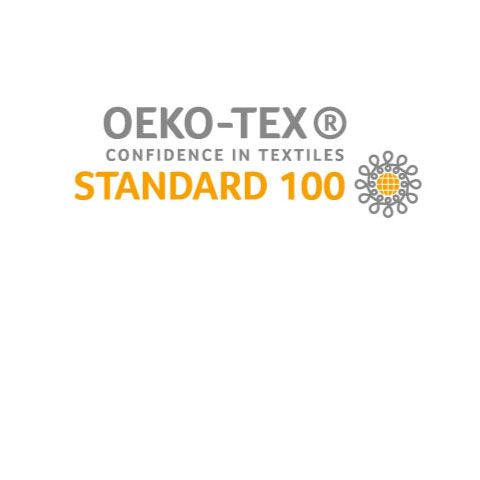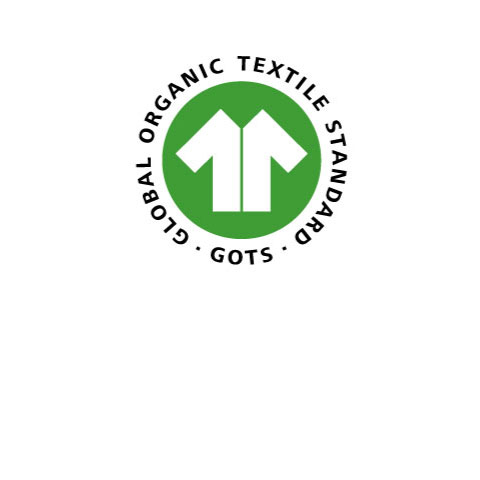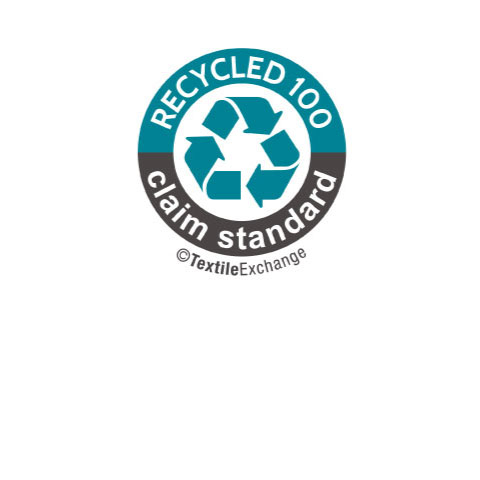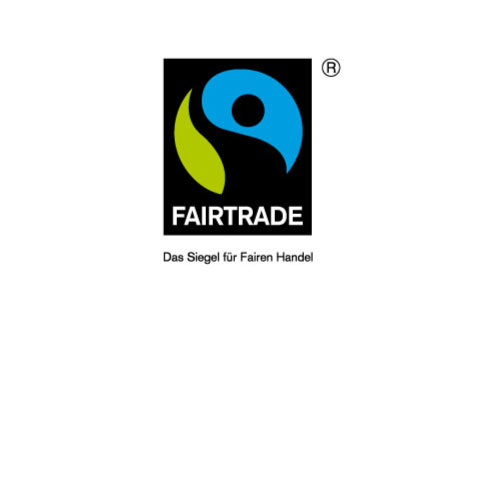The Oeko-Tex standard is a certificate that confirms the quality of textile products designed for the direct contact with human skin. Granting the certificate is preceded by tests to verify that the material does not contain at least one of the hundred most dangerous substances that could be a risk to consumers. Research carried out in laboratories contributes to the creation of products that are free from agens that have a negative impact on human health.
The Oeko-Tex certficate comes from the German Hohenstein institue and the Austrian Institute of Ecology, Technology and Innovation ÖTI and is aimed at veryfying and emphasizing the quality of products, setting strict standards, minimizing the use of harmful substances in the production proces, caring for animal life, raising awareness among farmers, producers and consumers and finally marking the products and consumers, as well as marking the products with a specific label with a logo and name of the institute and the certificate number. Oeko-Tex certified materials are also used to create products such as bed sheets, children’s underwear or fabric bags.








